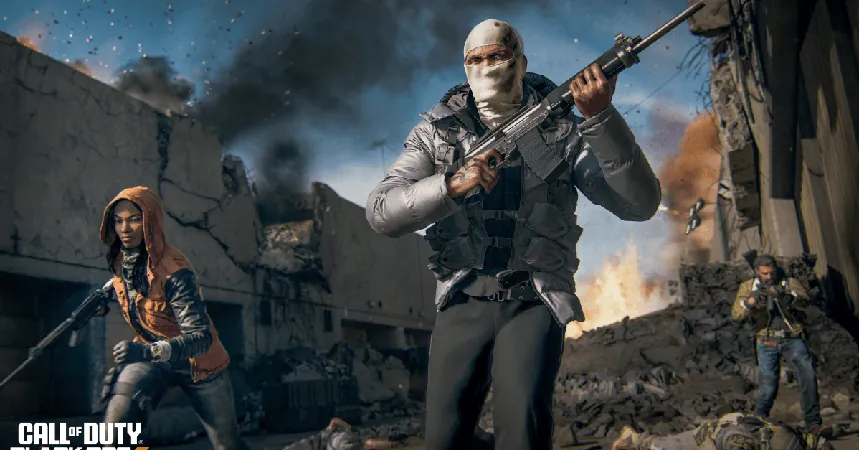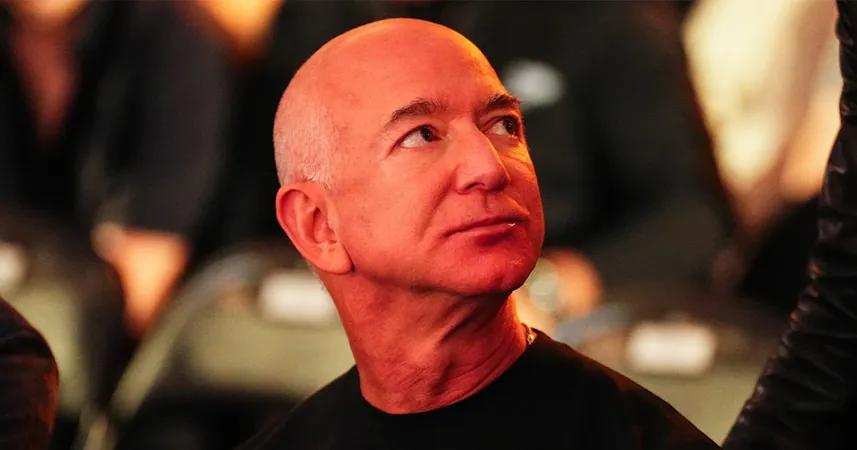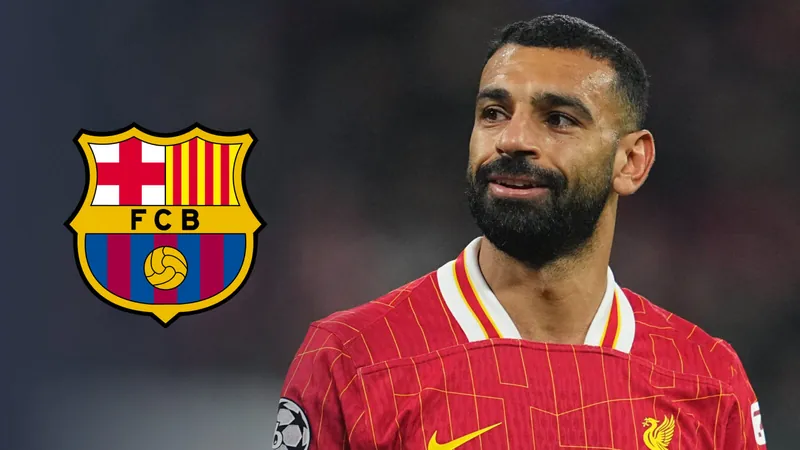
Why Kuwait Has Banned Call of Duty: Black Ops 6 - The Shocking Reason Behind the Controversy
2024-10-25
Author: Rajesh
In a surprising turn of events, Kuwait has announced a ban on the much-anticipated video game, Call of Duty: Black Ops 6, just as it launched globally. This decision has sparked considerable debate among gamers and industry analysts alike, with many speculating that the ban stems from the game's sensitive depiction of historical events, particularly the Gulf War of the early 1990s, involving the late Iraqi leader Saddam Hussein.
While Kuwait's government has yet to publicly elaborate on the reasons for the ban, Activision, the game's publisher, has confirmed to various news outlets that they did not receive approval for the game’s release in the country. "All pre-orders made in Kuwait will be canceled and refunded," said a company spokesperson, expressing hope that the local authorities might reconsider their decision. The company’s hesitation likely hints at the cultural and political sensitivities surrounding this pivotal moment in Kuwaiti history.
Black Ops 6, the next installment in the immensely popular Call of Duty franchise, was released recently, and although it carries the numeral "6" in its title, it actually marks the seventh release in the Black Ops series, following 2020's Cold War installment. The game immerses players in covert military operations set against the backdrop of the Gulf War, illustrating the 42-day occupation of Kuwait by Iraqi forces. Trailers for the game feature actual footage of U.S. presidents George W. Bush and Bill Clinton, juxtaposed with grim in-game scenes that may evoke the catastrophic environmental damage caused by the Iraqi military deliberately igniting 700 oil wells as they retreated.
A local gaming analyst has pointed out the irony of the ban, suggesting that determined players will find ways to obtain the game, be it through VPNs or via the black market. "What’s more intriguing is the psychological impact of a game centered on a period that remains traumatic for Kuwait," they commented to The New Arab. This highlights a collective struggle within Kuwait to come to terms with the Gulf War's legacy.
Kuwait’s ban isn't an isolated incident in the gaming industry. Other countries have also imposed restrictions on Call of Duty games for various reasons. For example, Call of Duty: Black Ops 2 faced a ban in Pakistan, while Russia saw self-censorship of Call of Duty: Modern Warfare 2. Even China has taken measures against the franchise, banning a trailer for Black Ops Cold War due to its controversial references to the Tiananmen Square massacre.
The portrayal of Middle Eastern people as adversaries in such video games has long been criticized, raising questions about cultural representation and sensitivity. As debates on this issue continue, the ban on Call of Duty: Black Ops 6 may not just reflect government regulations but also a deeper societal need to confront and reconcile with traumatic historical narratives.
Stay tuned as we dig deeper into the ramifications of this ban and the ongoing conversation surrounding video game censorship in today's global landscape!



 Brasil (PT)
Brasil (PT)
 Canada (EN)
Canada (EN)
 Chile (ES)
Chile (ES)
 España (ES)
España (ES)
 France (FR)
France (FR)
 Hong Kong (EN)
Hong Kong (EN)
 Italia (IT)
Italia (IT)
 日本 (JA)
日本 (JA)
 Magyarország (HU)
Magyarország (HU)
 Norge (NO)
Norge (NO)
 Polska (PL)
Polska (PL)
 Schweiz (DE)
Schweiz (DE)
 Singapore (EN)
Singapore (EN)
 Sverige (SV)
Sverige (SV)
 Suomi (FI)
Suomi (FI)
 Türkiye (TR)
Türkiye (TR)